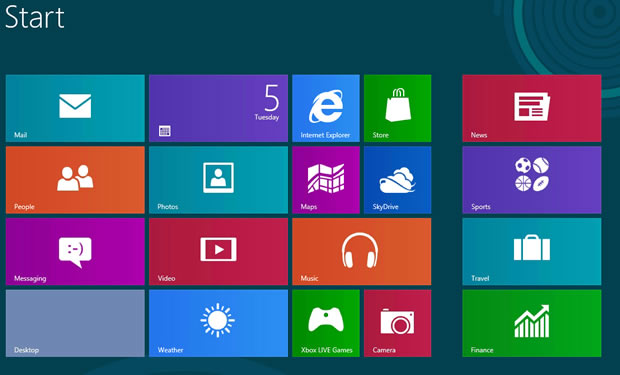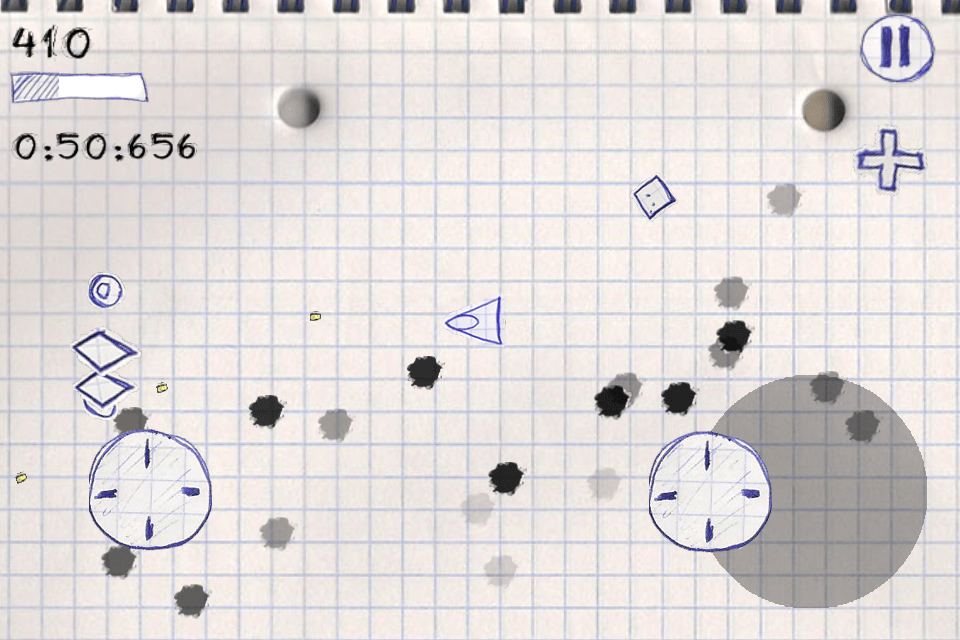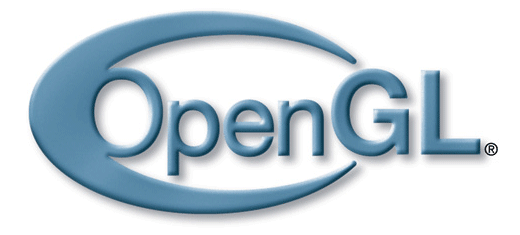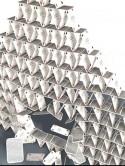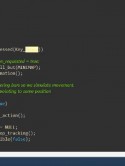
Updates, development and new feed url
Almost 4 months without a post, this is the first time it happened. It was nothing in particular that held me back, I just kept postponing and, to be honest, I only write posts when I have something I really want to write about. Before going into the rest of the post, I would like to ask people to update my feed url on your RSS readers. I always used Feedburner to redirect feeds, and with Google Reader going down I decided to start switching, so in your new FeedsReader use this address: (</feed/>). I didn’t deactivated the old one, so they will work both for now (if I didn’t broke anything). Also, give Feedly a try in case you haven’t found a replacement for Reader. ...


